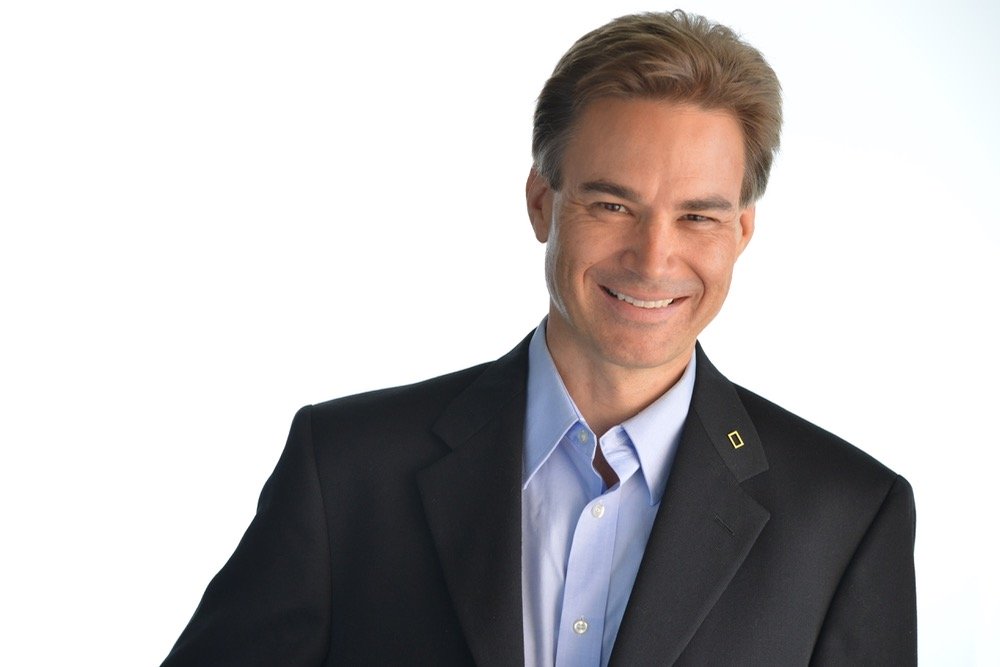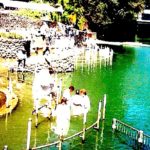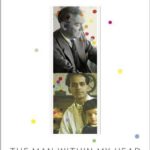Christopher Elliott is a consumer advocate, multimedia journalist and customer service expert. He’s the author of Scammed: How to Save Your Money and Find Better Service in a World of Schemes, Swindles, and Shady Deals, a manifesto for empowering consumers and encouraging corporate responsibility, and How to Be the World’s Smartest Traveler (and Save Time, Money, and Hassle)
, a definitive manual for having a better trip.
Elliott is National Geographic Traveler‘s reader advocate and a nationally syndicated columnist through Tribune Media Services, which distributes his work to publications from the Seattle Times to the Miami Herald. He writes a weekly column for The Washington Post and USA Today and is a personal finance blogger at Mint.com. His family is on an open-ended journey around the world, covering the adventure for the Huffington Post. You can find out more about him on his site, Elliott.org.
How did you get started traveling?
My parents took me to West Germany in 1969, when I was a few months old. We flew on Pan Am. Remember Pan Am? I guess I haven’t looked back.
How did you get started writing?
I started writing professionally while I was a freshman in college. There was an opening for entertainment editor, and I discovered — much to my surprise — that I could string together a coherent sentence in the English language.
What do you consider your first “break” as a writer?
My first internship at the Claremont (Calif.) Courier in the summer of 1986. The late Marty Weinberger gave me a chance to write professionally, for which I will always be grateful.
As a traveler and fact gatherer, what is your biggest challenge on the road?
Time management. There are only 24 hours in the day. When I check into a hotel, all I want to do is hang out at the pool with my kids. But if I did that, I’d never get any work done. I’m lucky that my partner in crime has an MBA and runs a very tight ship. She’s also an amazing writer.
What is your biggest challenge in the research and writing process?
Showing instead of telling. I tend to jump in and help the narrative out without letting it speak for itself. Sometimes you just have to get out of the way of your source material. It’s all there.
What is your biggest challenge from a business standpoint?
I think understanding that it’s a business is not easy. My mentors taught me that writing is art. They were half right. It is art, but if you don’t treat it like a business, you’ll starve and so will your family.
Have you ever done other work to make ends meet?
Oh, sure. I’ve done a lot of things, starting with my first summer job in ’84, packing bags of coffee for minimum wage at my uncle’s gourmet coffee business. I’ve been a temp worker, have done ghostwriting and was briefly an administrative assistant for a travel agency.
What travel authors or books might you recommend and/or have influenced you?
I was drawn into writing through science fiction. I met Arthur C. Clarke at a convention in 1983, and was always inspired by his work. I’m also a big fan of Alan Dean Foster, who lives in Prescott, Ariz., which is also where my parents have retired. Al has always been very encouraging about my writing. My favorite travel writer will always be Arthur Frommer.
What advice and/or warnings would you give to someone who is considering going into travel writing?
I don’t know, because I don’t really consider myself a travel writer, but a consumer advocate who handles a lot of travel cases. The most interesting travel writers I know don’t treat the travel as if it’s a perk, but more of a burden. The destination, like a needy child, demands to be written about. They can’t wait to come back home, and they can never really go on vacation, because vacation is work. They are truly afflicted in the creative sense. I can empathize.
What is the biggest reward of life as a travel writer?
As a consumer advocate, it’s hearing, “Thank you — you really made a difference.” It’s better than a paycheck.





